Biomass Energy: Pros and Cons Explained
Hydrogen Fuel News
JANUARY 19, 2024
As the quest for sustainable energy intensifies, biomass emerges as a pivotal player in the arena of renewable resources. This exploration into the realm of biomass energy untangles the complexities and delves into its multifaceted nature, uncovering the potential of plant-based and waste-derived materials as alternative sources of power.


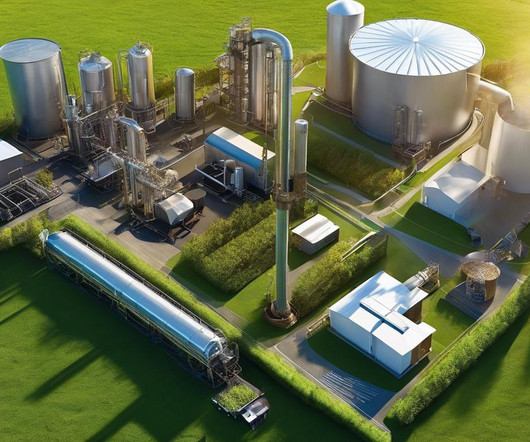
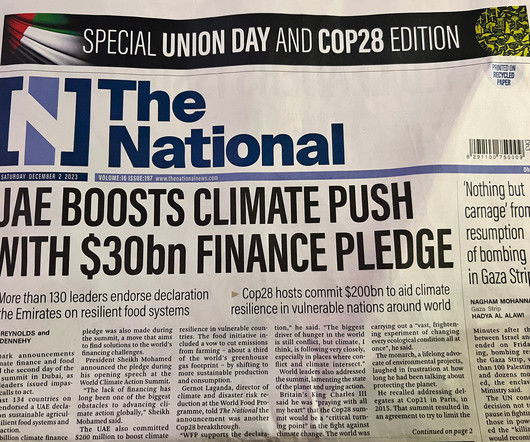
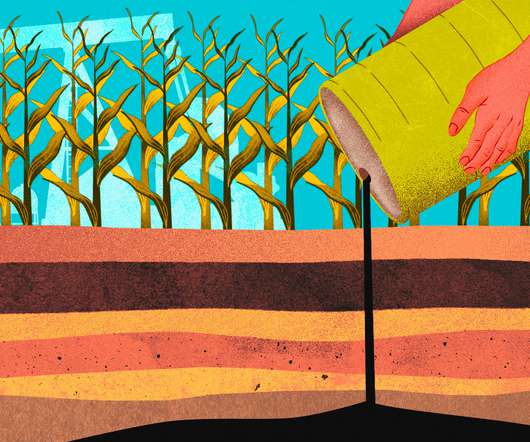






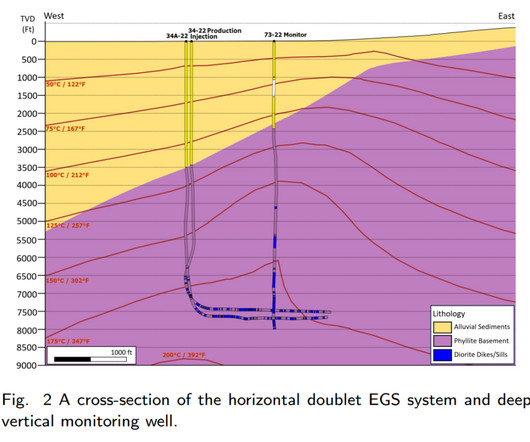
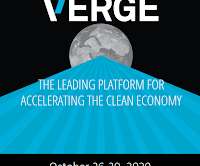








Let's personalize your content